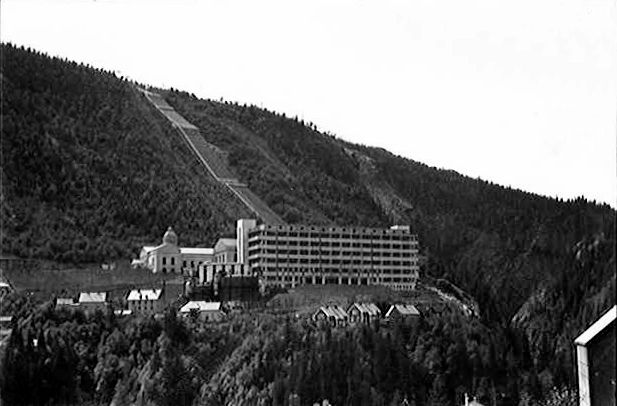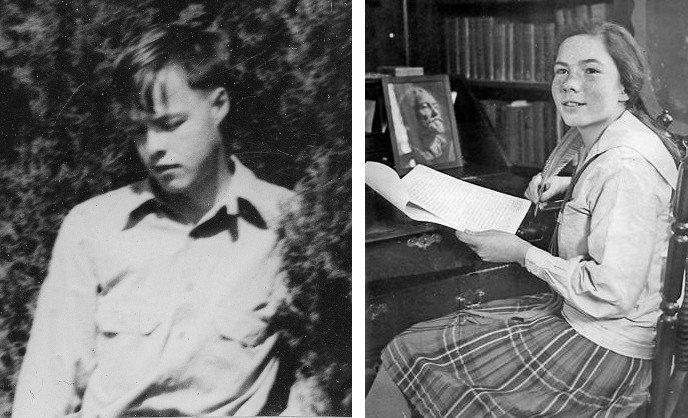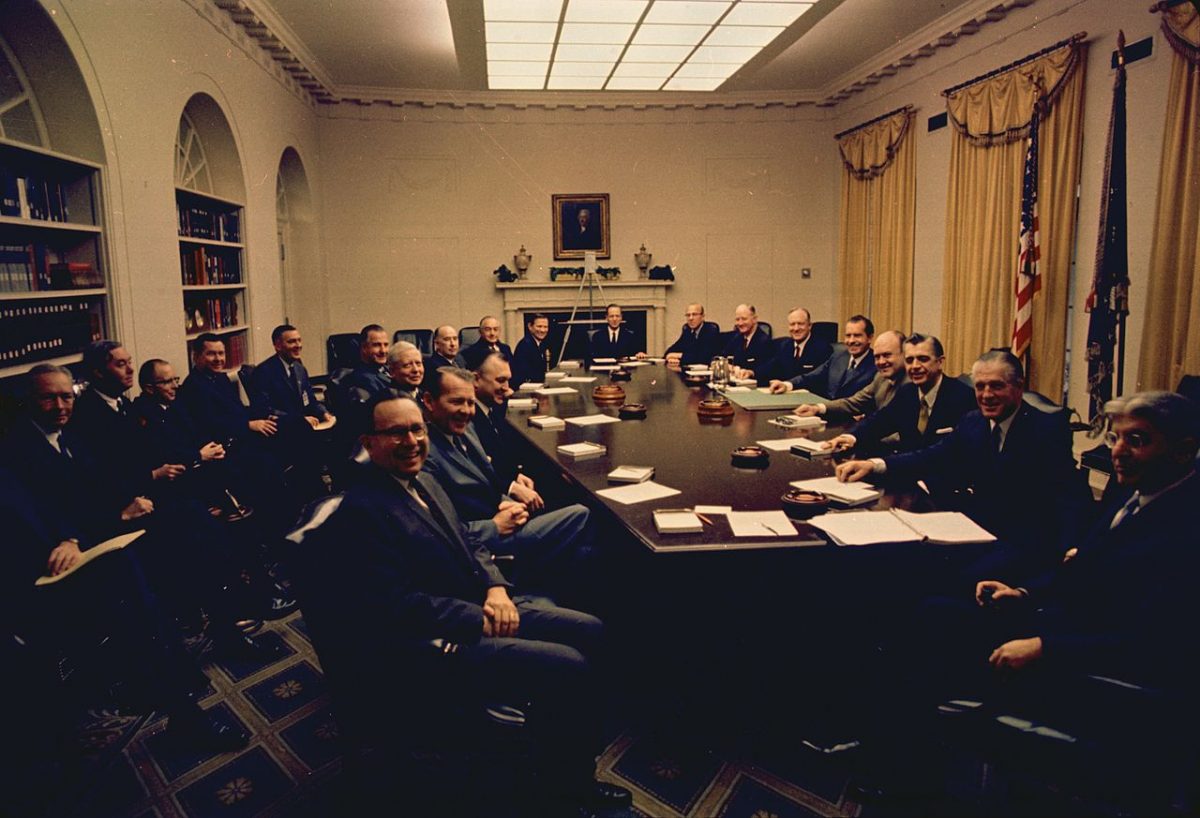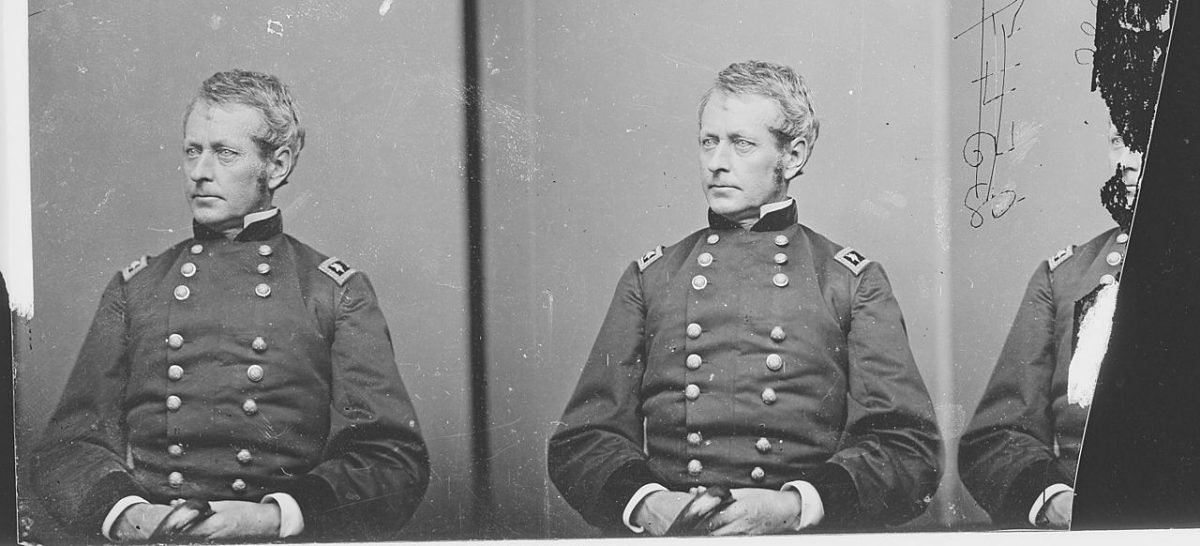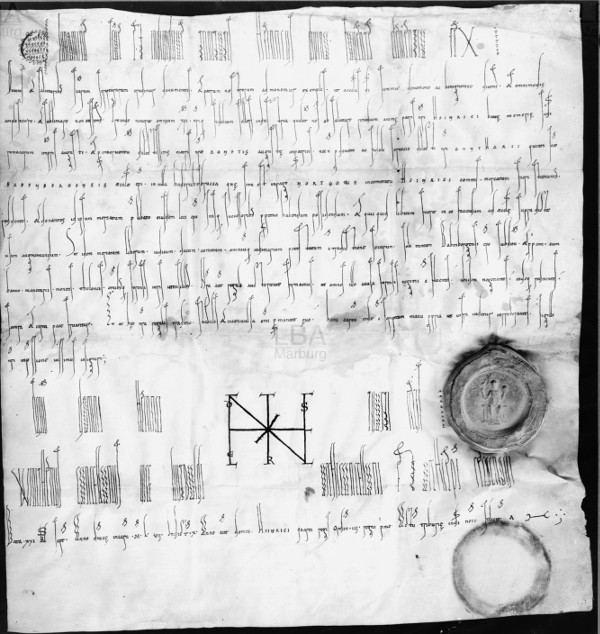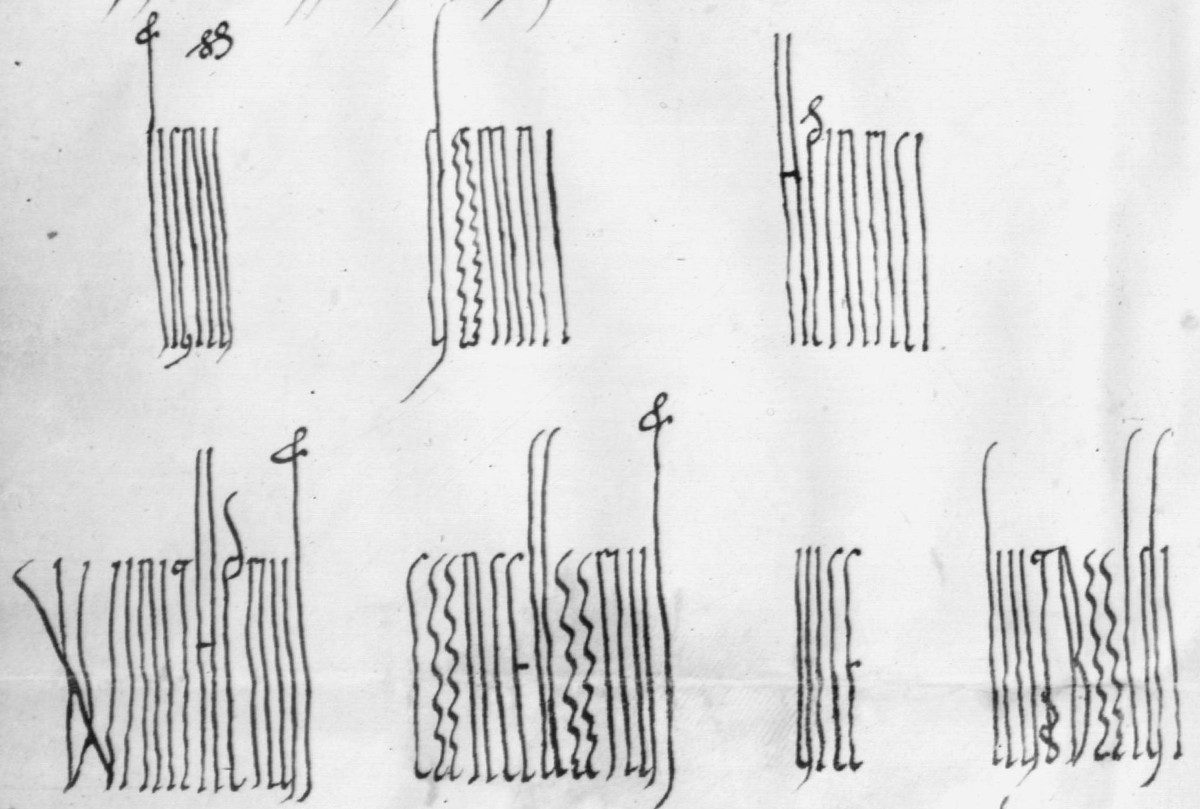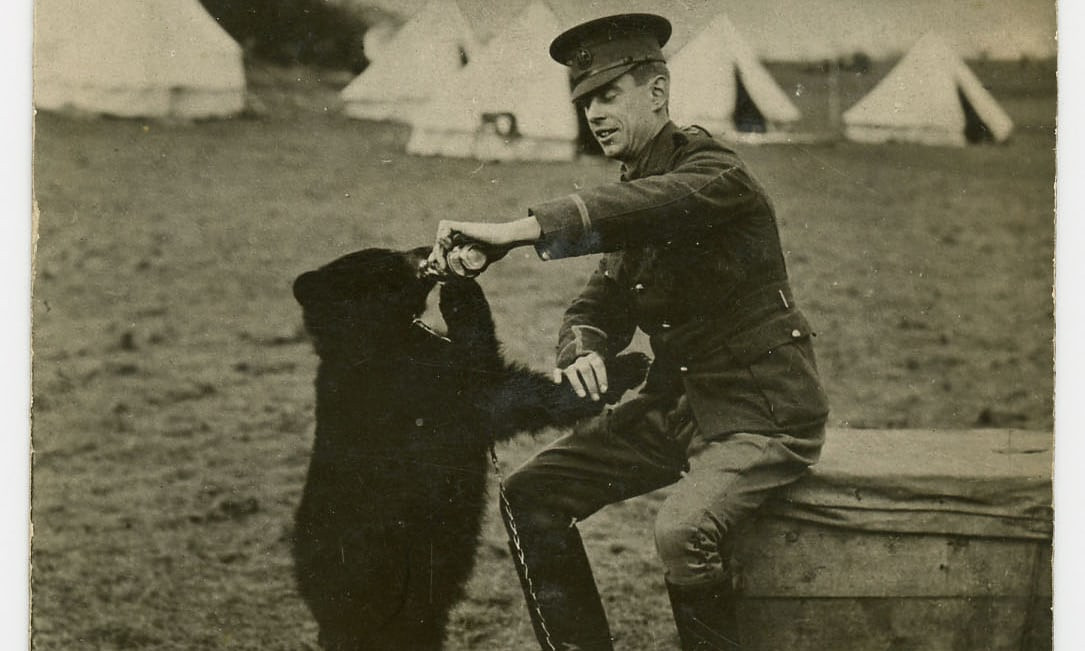Crossing the woodlands of upstate New York in the 1830s, Alexis de Tocqueville came to an island at the center of a lake, “one of those delicious solitudes of the New World.” As he explored it, “the deep silence which is common to the wilds of North America was only broken by the hoarse cooing of the wood-pigeon, and the tapping of the woodpecker upon the bark of trees.”
I was far from supposing that this spot had ever been inhabited, so completely did Nature seem to be left to her own caprices; but when I reached the centre of the isle I thought that I discovered some traces of man. I then proceeded to examine the surrounding objects with care, and I soon perceived that a European had undoubtedly been led to seek a refuge in this retreat. Yet what changes had taken place in the scene of his labors! The logs which he had hastily hewn to build himself a shed had sprouted afresh; the very props were intertwined with living verdure, and his cabin was transformed into a bower. In the midst of these shrubs a few stones were to be seen, blackened with fire and sprinkled with thin ashes; here the hearth had no doubt been, and the chimney in falling had covered it with rubbish.
“I stood for some time in silent admiration of the exuberance of Nature and the littleness of man,” he wrote, “and when I was obliged to leave that enchanting solitude, I exclaimed with melancholy, ‘Are ruins, then, already here?'”
(From Democracy in America, 1835.)


